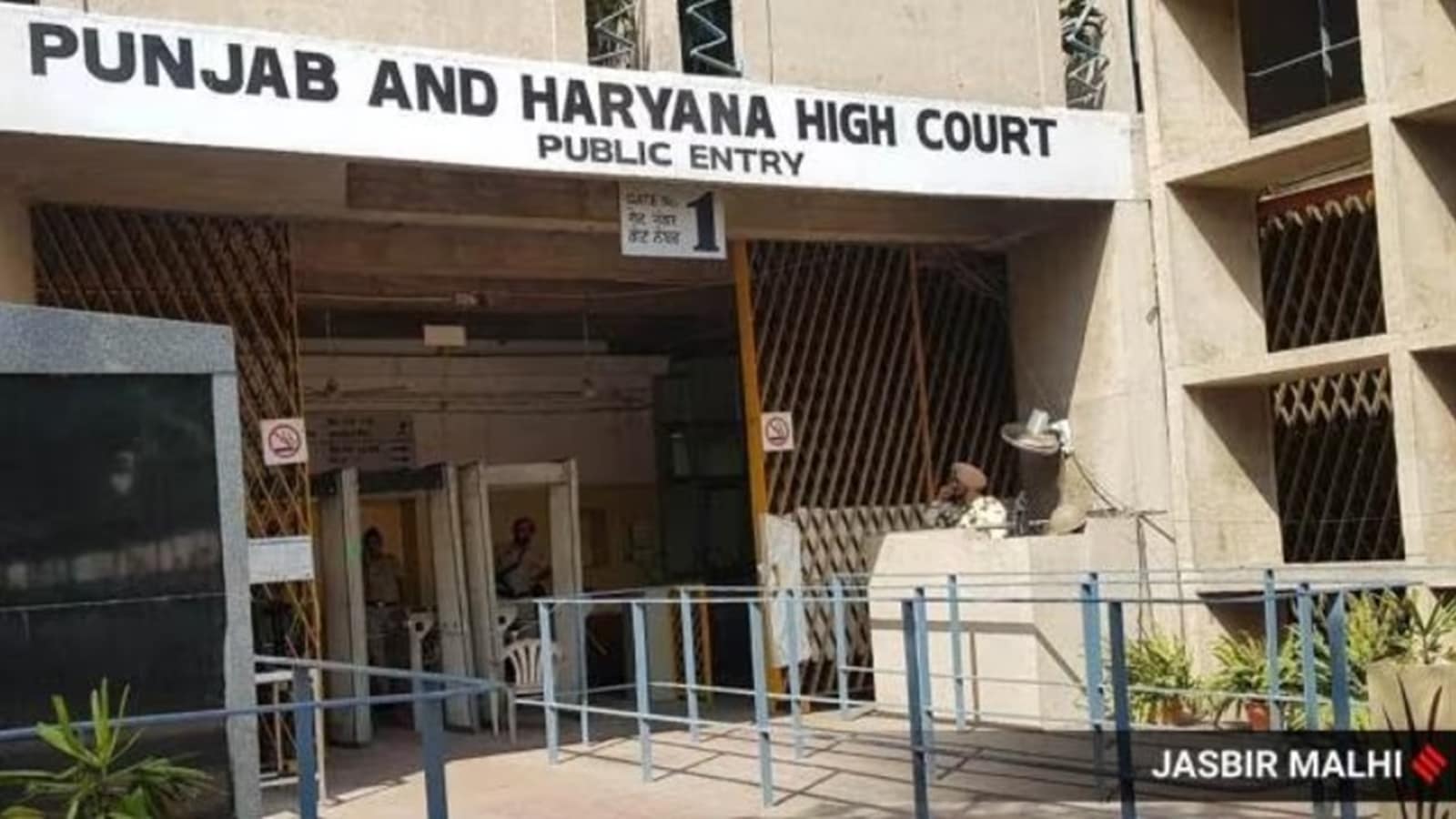 |
|
The Punjab and Haryana High Court Bar Association's decision to abstain from work on February 24th, 2025, marks a significant escalation in the legal community's response to the proposed Advocates (Amendment) Act, 2025. This action, unanimously approved by the association's executive committee on February 21st, underscores the deep-seated concerns within the legal profession regarding the potential ramifications of this legislation. The act, which was made public on February 13th for public comment, has already drawn objections from the Bar Council of India (BCI), the national regulatory body for lawyers in India. The BCI's involvement highlights the widespread nature of the opposition and suggests that the concerns are not merely localized to Punjab and Haryana but extend across the entire Indian legal landscape.
The core of the lawyers' protest lies in their belief that the proposed Act contains provisions that are detrimental to both advocates and the judiciary as a whole. While the specific provisions causing such concern remain somewhat unclear from this brief report, the strong language used by acting president Jasdev Singh Brar and honorary secretary Swarn Singh Tiwana – describing the move as a mark of 'strong dissatisfaction' – suggests significant potential negative impacts. This dissatisfaction is not merely a matter of inconvenience or minor disagreements; it reflects a serious apprehension that the Act could undermine the independence of the judiciary, compromise the rights of advocates, or fundamentally alter the framework of legal practice in India in a negative manner. The strength of the response, a full-day work stoppage involving numerous legal professionals, indicates the gravity of their concerns and their willingness to engage in collective action to oppose the proposed legislation.
The timing of the protest is also significant. The fact that the protest is scheduled for February 24th, immediately following the period for public comment, suggests a deliberate strategy to apply maximum pressure on the legislative bodies considering the bill. This calculated timing implies a belief that the current drafting and public commentary process has not adequately addressed the concerns of the legal community. Furthermore, the overwhelming support for the protest within the association signals a high degree of unity and collective determination among lawyers in Punjab and Haryana to resist what they view as a threat to their profession and the integrity of the judiciary. This coordinated action underscores the potential for wider legal repercussions if the proposed Act is passed in its current form. The success of this protest could act as a significant precedent for other legal bodies to take similarly forceful action against legislation perceived as harmful.
The situation raises important questions about the balance between legislative intent and the concerns of the legal profession. It highlights the vital role of the judiciary in upholding the rule of law and protecting the rights of all citizens. The outcome of this protest will likely have significant implications for the future development of legal practice in India. Further investigation into the specific provisions of the proposed Advocates (Amendment) Act, 2025, is crucial for a comprehensive understanding of the underlying reasons for the widespread opposition within the legal community. The voices of the protesting lawyers must be heard and their concerns carefully considered by the legislators who are responsible for enacting this potentially transformative piece of legislation. The continued dialogue and engagement between the legal profession and the legislative bodies are essential to ensuring the development of sound legal frameworks in India.
The implications of this protest extend beyond the immediate concerns of the Punjab and Haryana High Court Bar Association. It represents a broader struggle between the legislative branch and the legal profession, a conflict with implications for the integrity and independence of the judiciary. The strong response from the BCI further indicates the nationwide concern. The coming days will be critical in determining whether this protest will lead to a reconsideration of the proposed Act or if it will intensify the conflict between the lawyers and the legislative authorities. The path forward will likely involve extensive negotiations, compromises, and a thorough reevaluation of the proposed legislation to ensure it meets the standards of justice and fairness expected in a democratic society. The success of such endeavors will hinge upon the willingness of all stakeholders to engage in meaningful dialogue and a sincere effort to address the concerns of the legal profession.
Source: Lawyers of Punjab and Haryana High Court to abstain from work on Feb 24
